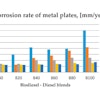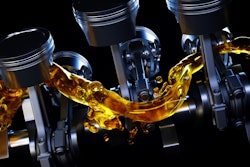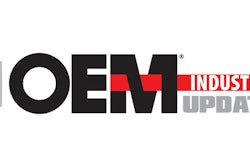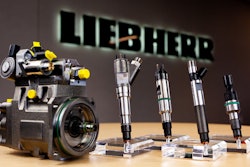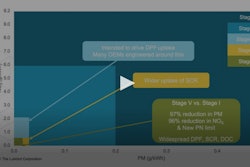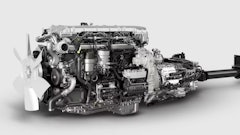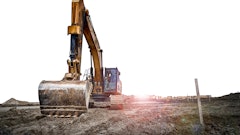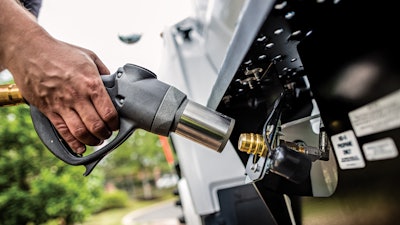
The Propane Education & Research Council (PERC) emphasizes the need to accelerate decarbonization today with clean energy sources like propane autogas. A new study from the National Oceanic and Atmospheric Administration (NOAA) found atmospheric levels of carbon dioxide peaked during May 2021 to the highest levels ever recorded at an average of 419 parts per million.
“That is a staggering number, and one that should make any fleet owner or transportation director want to take action now to reduce their fleet’s emissions,” said Steve Whaley, Director of Autogas Business Development for PERC. “Propane autogas and renewable propane are ultra-low carbon energy sources that are proven and available today to accelerate decarbonization.”
According to the EPA, the transportation industry accounts for 29% of greenhouse gas emissions in the United States. Fleet owners can do their part to lower these emissions by being well-versed on their energy source selections.
Today’s propane autogas carbon footprint is smaller than almost any alternative energy source in the transportation industry with a carbon intensity of 79 for conventional propane and renewable propane can have a carbon intensity as low as 20. In comparison, gasoline’s carbon intensity is 86, diesel’s is 105, and the national average carbon intensity for the electric grid that powers EVs is 165.
Currently, medium- and heavy-duty (MD-HD) propane-powered vehicles provide a lower carbon footprint solution in 38 U.S. states when compared to MD-HD electric vehicles charged from the electrical grid. MD-HD vehicles powered by renewable propane provide a lower carbon footprint solution in every U.S. state except Vermont, where electricity is generated by Canadian hydroelectric power plants.
Listen to our podcast interview with Steve Whaley to learn more about this survey and the benefits of using propane.

